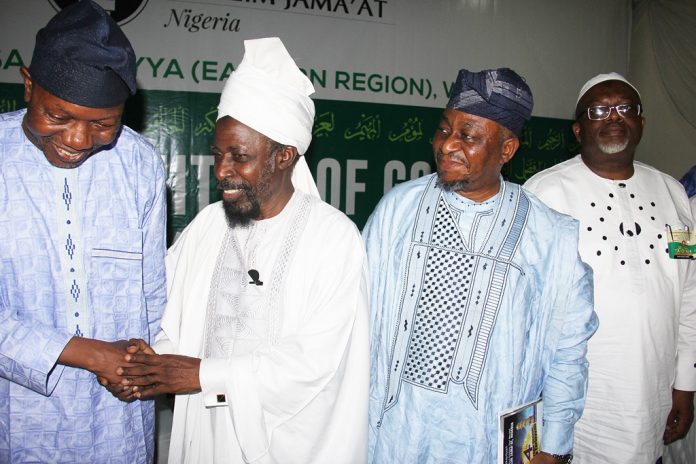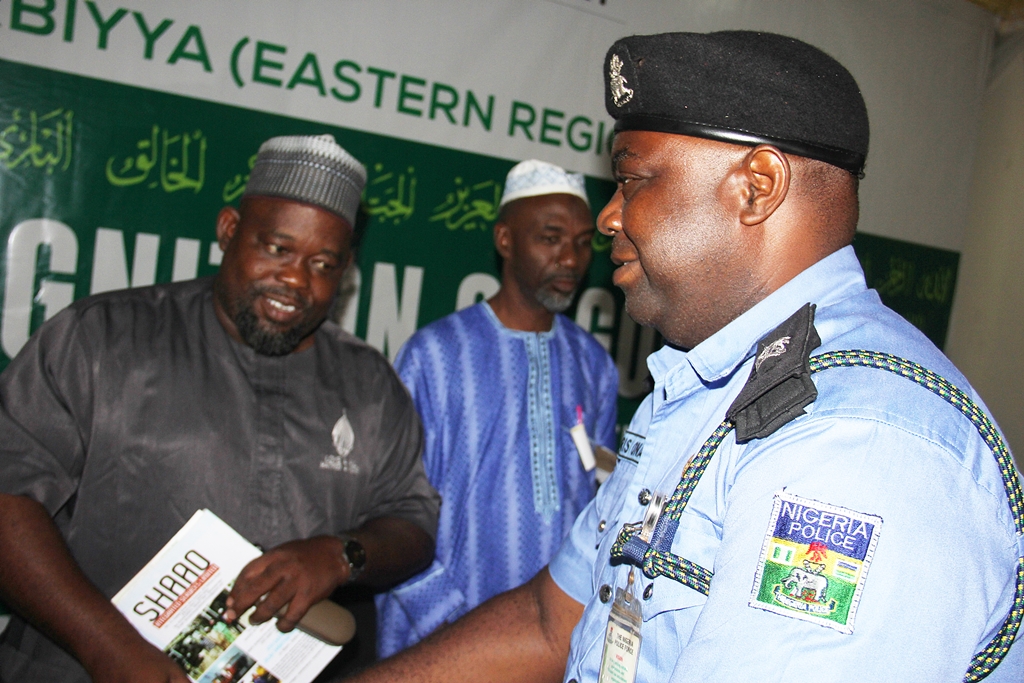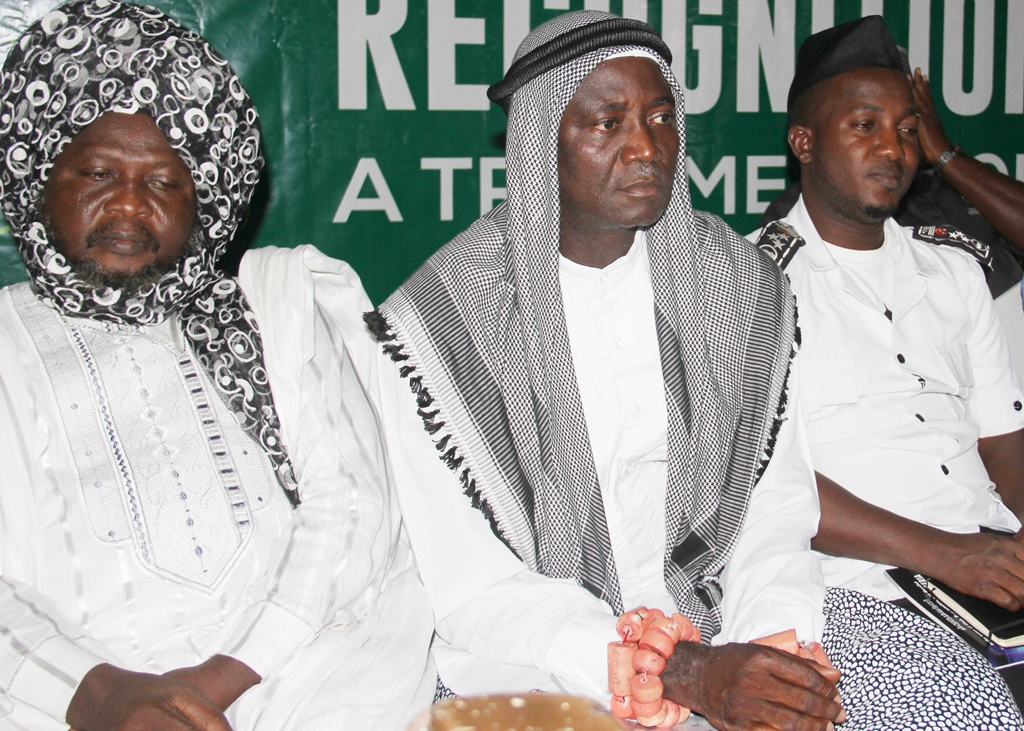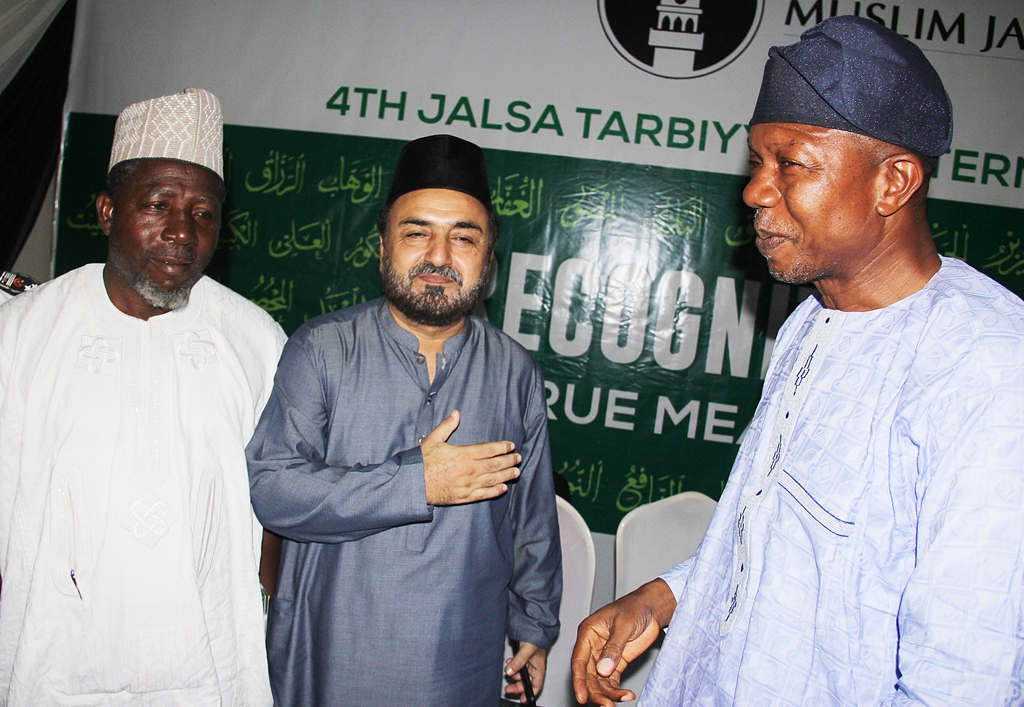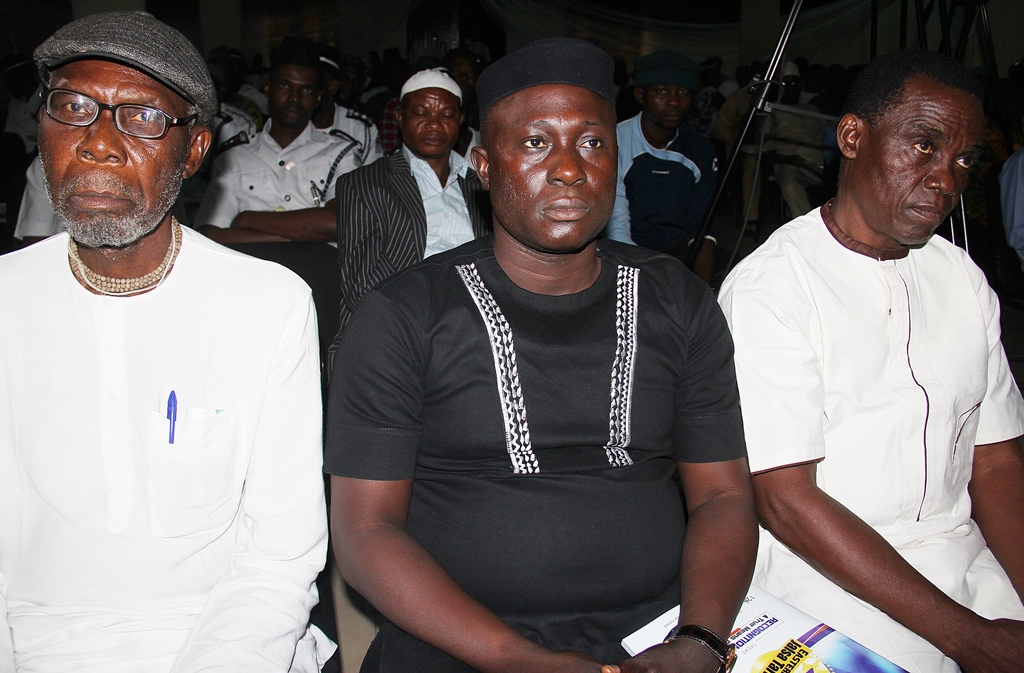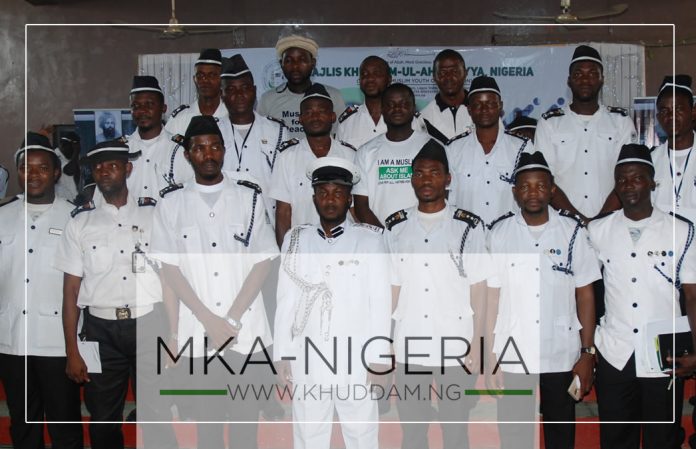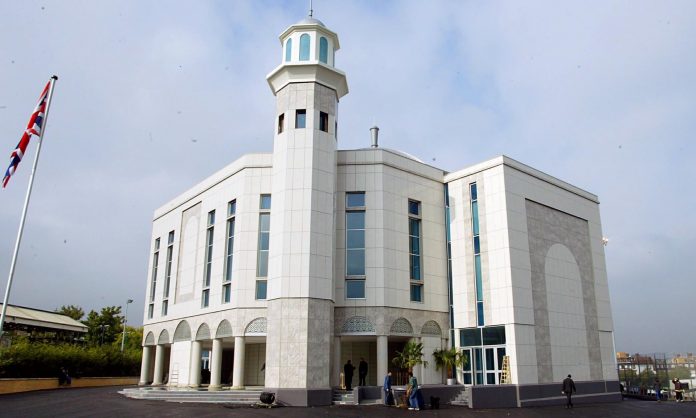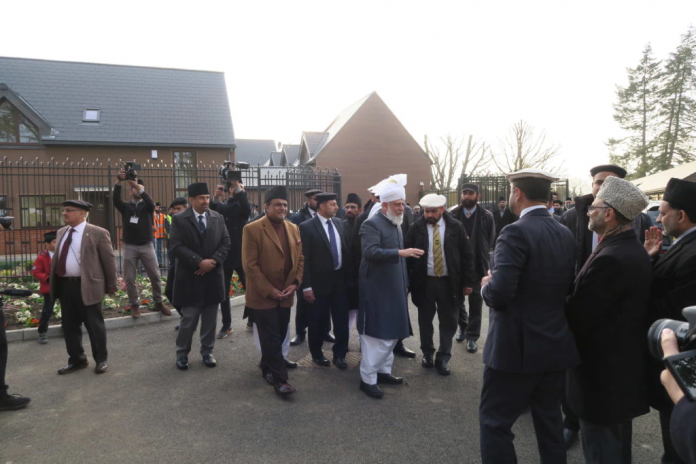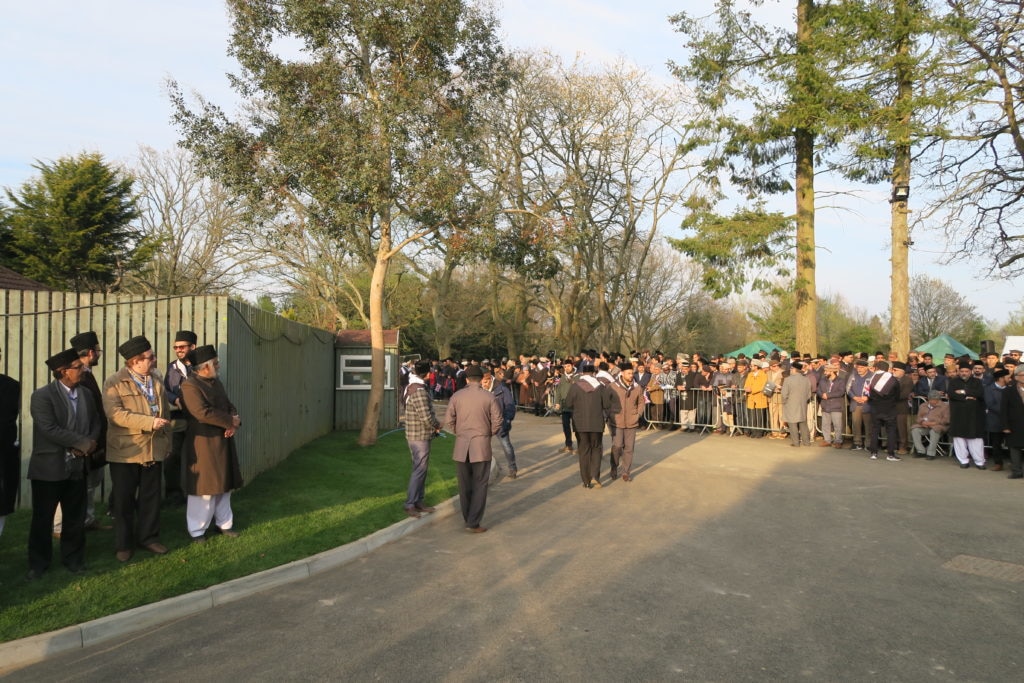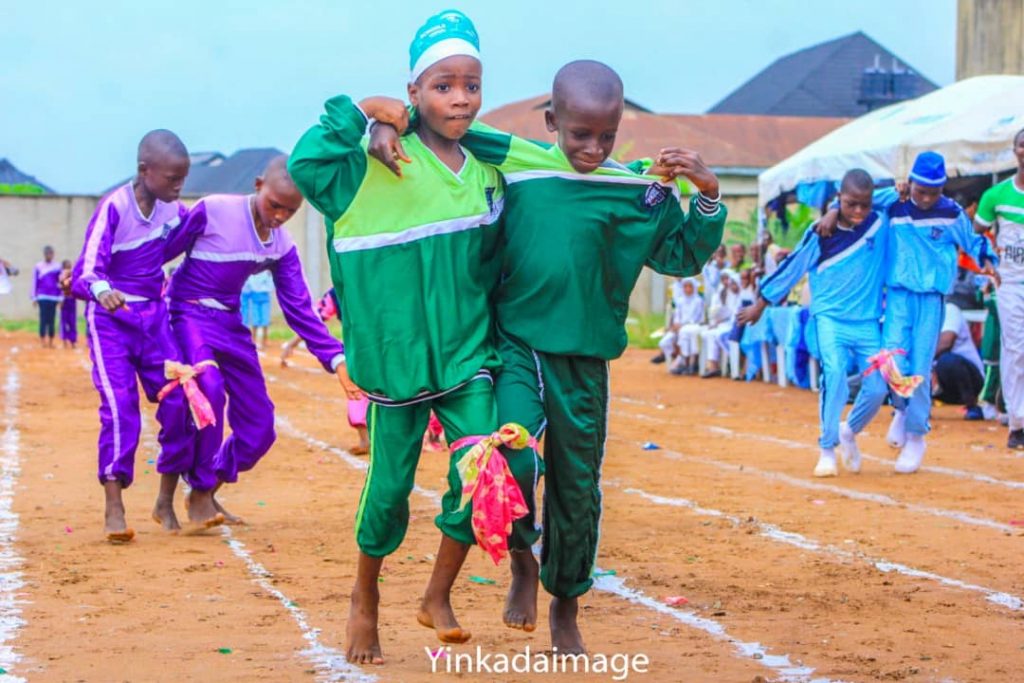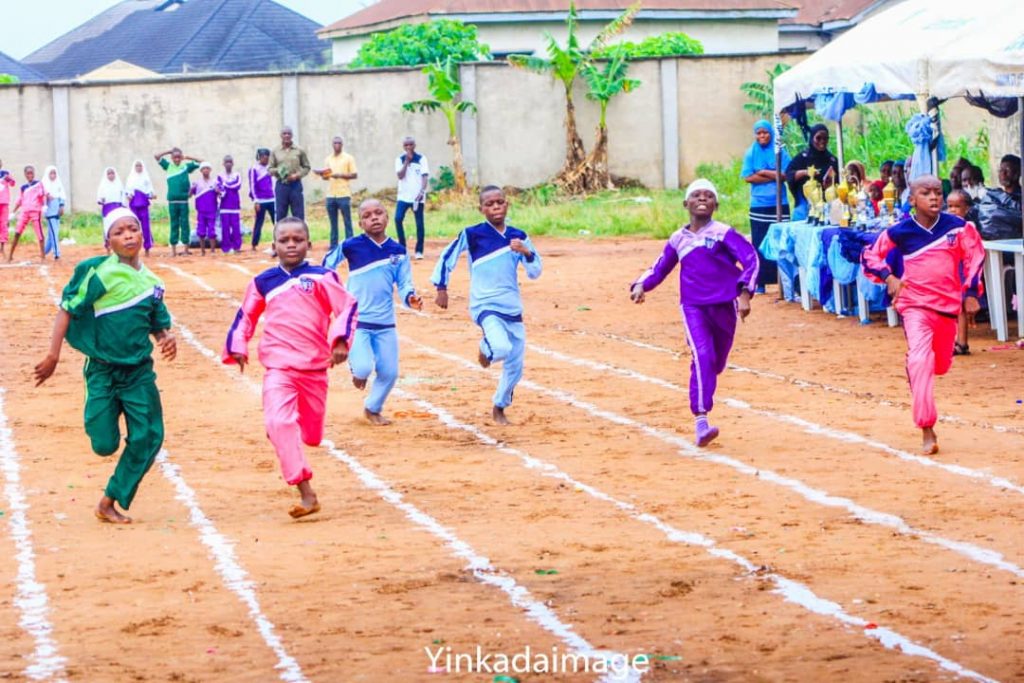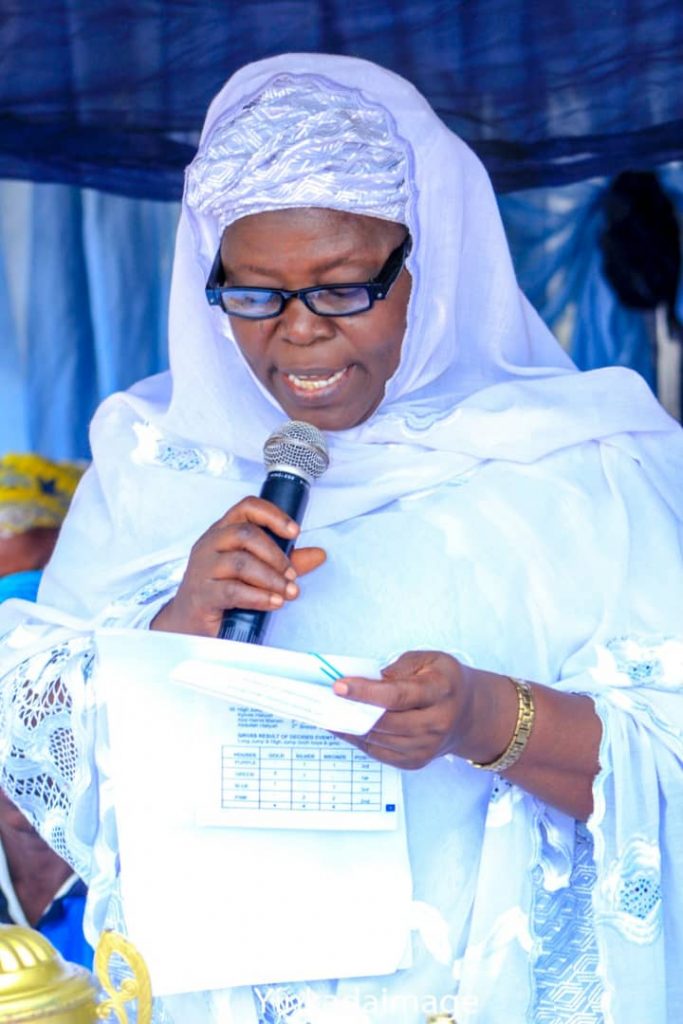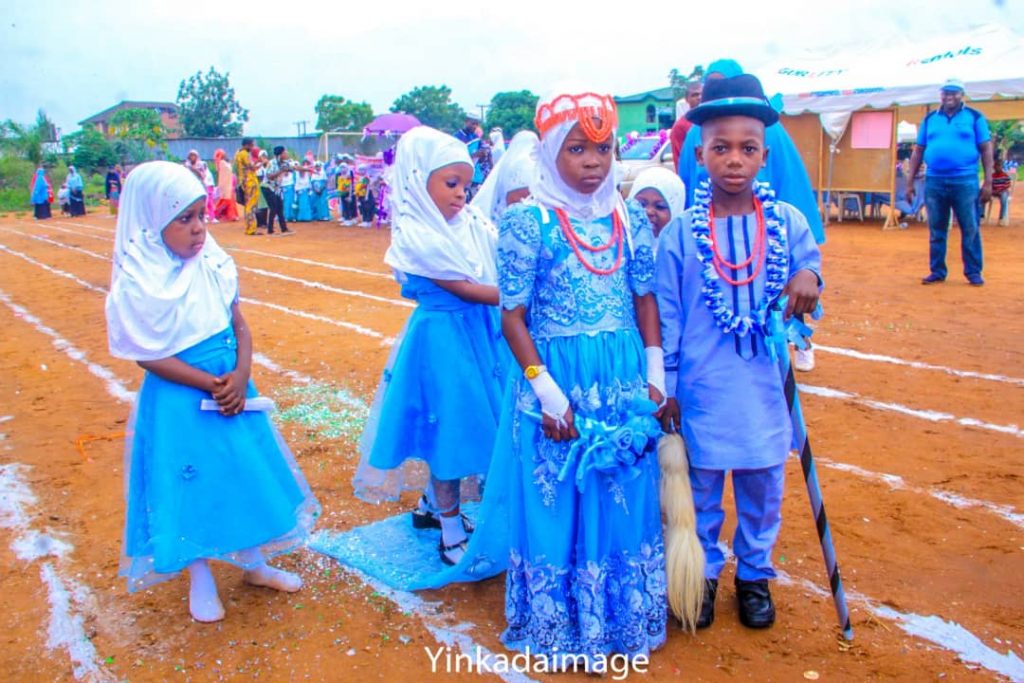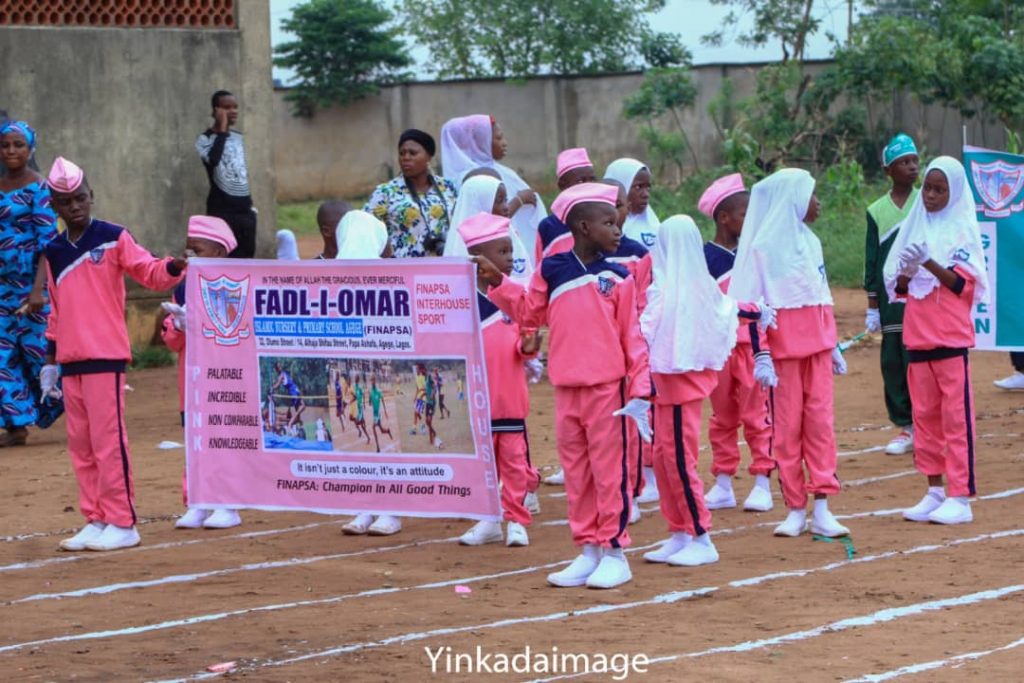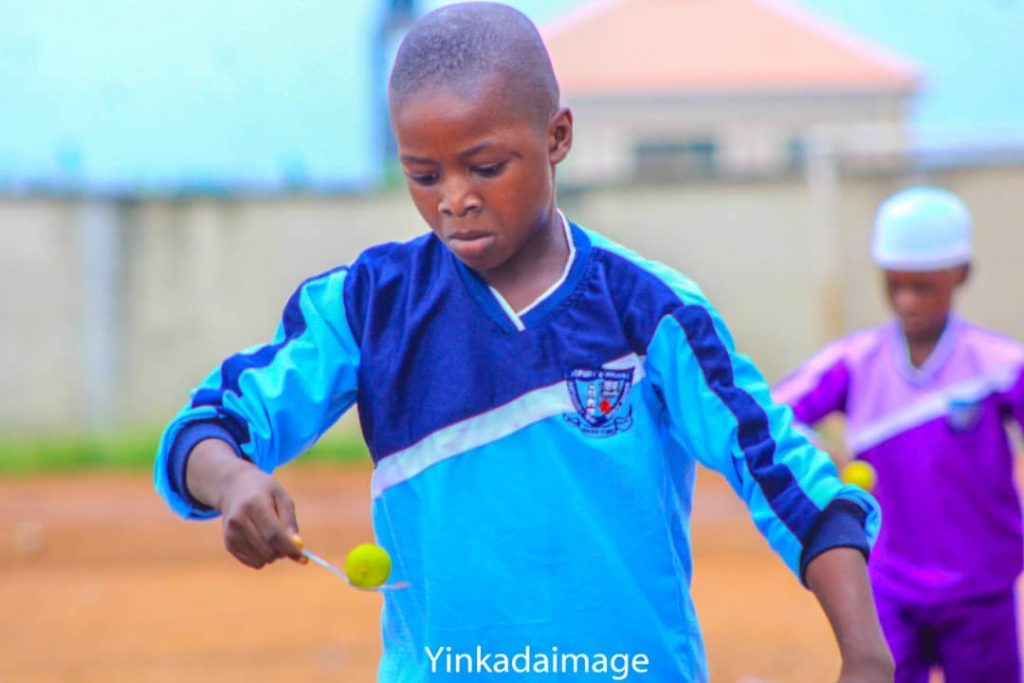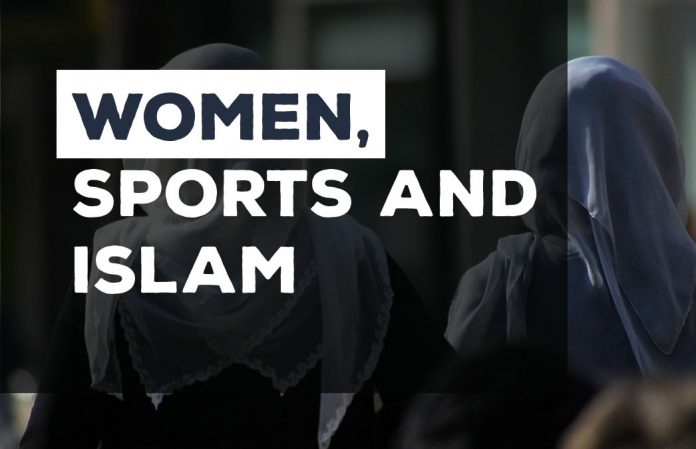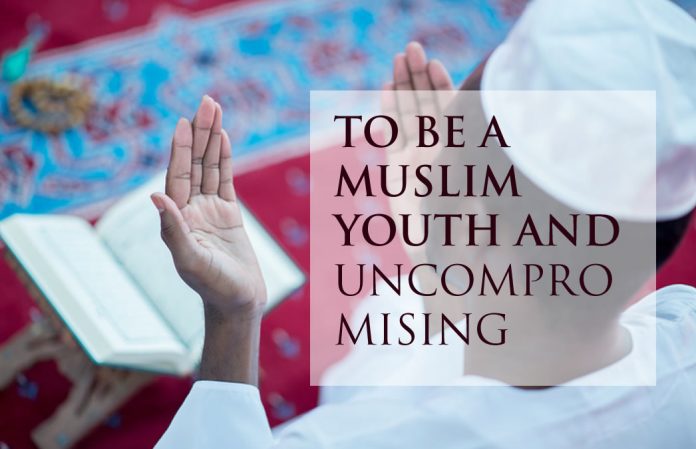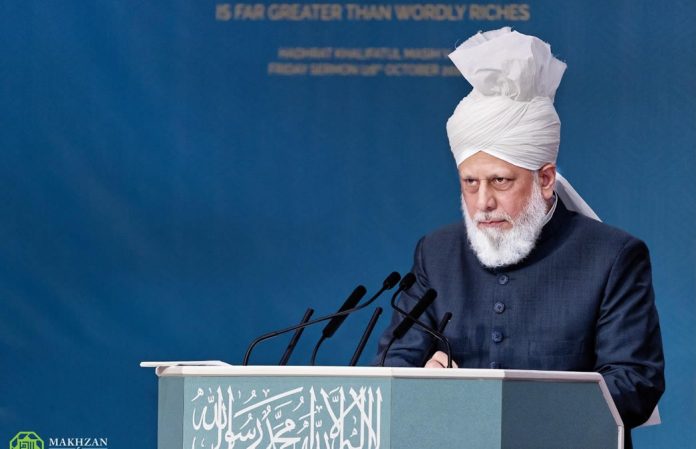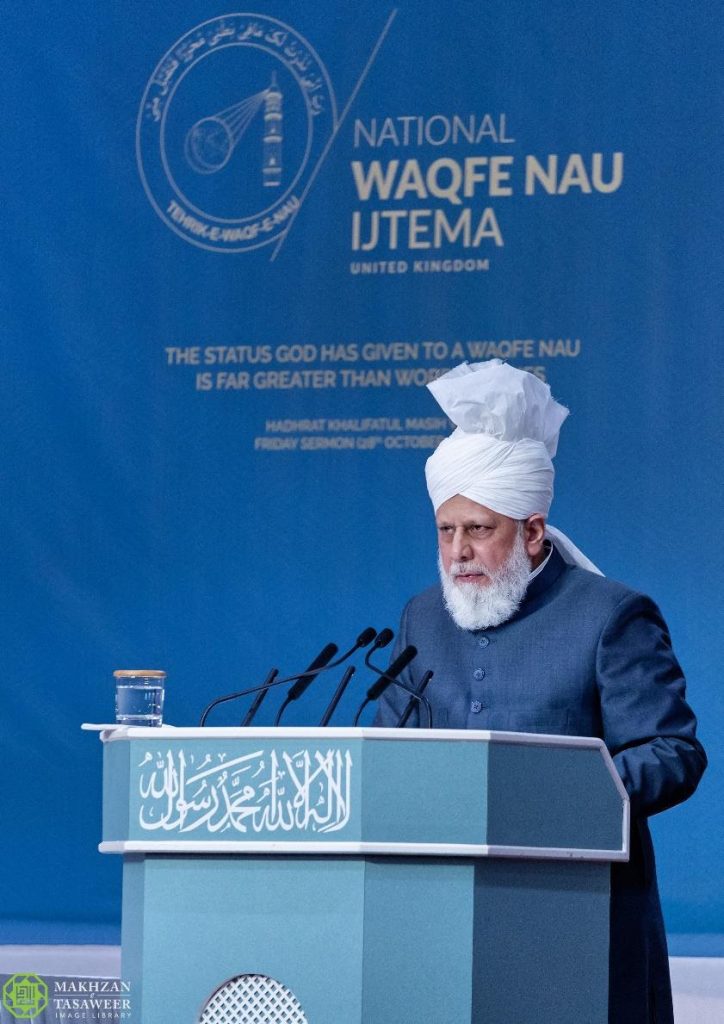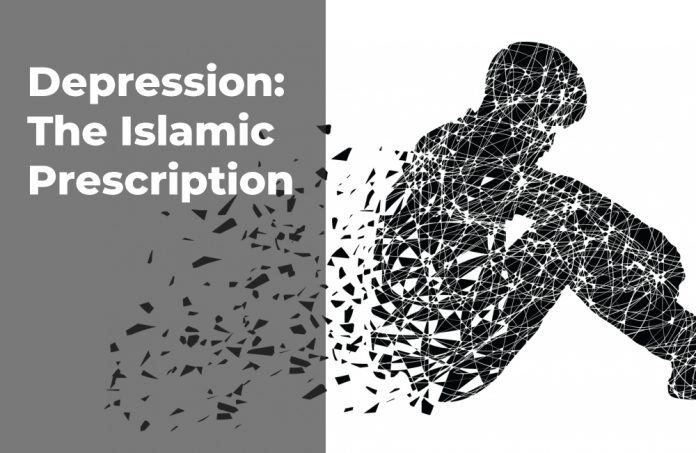Fasting is one of the five pillars of Islam and an injunction from Allah. Fasting in Islam is of different types and the most important is the fasting in the month of Ramadan. Ramadan is the ninth of the twelve months of the Islamic lunar calendar and a sacred month. Fasting in Ramadan does not entail just abstinence from food, but also abstinence from sexual pleasure and vices like gambling, cheating, backbiting, gossiping, and other open and secret sins.
Fasting is such a special act of worship that the Holy Prophet (saw) declared in one of his sayings that: “there is a gate to paradise that is called ar-Rayyan. On the Day of Resurrection, it will say: ‘where are those who fasted? When the last one has passed through the gate, I will be locked’ ” (Bukhari and Muslim).
Fasting is obligatory for every adult Muslim except those suffering from illnesses which may worsen if they fast. Travelers, pregnant and breastfeeding women and those observing their monthly flow are excused from fasting, but they must make up for the fast later. The elderly are equally excused but they must feed sixty fastings Muslims for the duration of the fast. The mentally unstable are not required to observe the fast.
The month of Ramadan is a blessing to all of mankind. The Prophet (saw) said in a hadith that “When the month of Ramadan begins, the gates of heaven are open, and the gates of hell are closed, and the devil is chained.” (Sahih Bukhari)
This hadith shows that during the month of Ramadan, it is very easy to do good deeds. Due to the importance of this month, humans check themselves when they err and seek forgiveness always, are conscious of their actions, and try to make the best of this time.
The month of Ramadan can also be said to be a faith booster with a lot of goodies. This is because the month is packed with Laylatul Qadir (the night of power), the fast of Ash-Shura, multiplication of blessings, the ease of doing good deeds and abstaining from bad deeds. The month of Ramadan can be divided into three parts; the first part for seeking for Allah’s mercy, the second part for forgiveness, and the third for shielding one from the hellfire.
Allah has prescribed fasting for Muslims, and He says in Quran 2 vs 184: “Oh you who believe, fasting is prescribed on you has it has been prescribed for those before you, that they may learn piety and righteousness”. Fasting is prescribed as a form of medicine for the soul and body. It is a medium for the growth of an individual’s faith. It can be said to be a spiritual detox to rid the body and soul of spiritual junk.
Ramadan is a period when adherents get closer to Allah. This is because Muslims perform acts of Ibadah that they had hitherto not been doing. These acts bring them closer to Allah. They begin to pray the late-night prayer (Taraweeh), pray the early morning prayer (Tahajud), recite the Quran always, and do dhikr (remembrance of Allah). They also keep good company, give more in charity, and repent sincerely their wrongdoings. They keep hope in Allah and pray for the good in this world and the next. Feeling the nearness to Allah, make for growth in the self-control of adherents. They begin to check their urge to cheat, smoke, gamble and do such derogatory acts that Allah forbids. Ramadan keeps Muslims in check and makes them humble.
Another essence of Ramadan is that Muslims are able to imbibe the spirit of giving freely, and solely for the sake of Allah. Giving sadaqah not only helps the recipient, but it also helps the giver. It does not decrease wealth as people think, but it rather increases it. Allah says in Qur’an 2 vs 263 that “those who spend their wealth in the cause of Allah and do not follow up their gifts with reminders of their generosity or with injury; for them, their reward is with their Lord. On them shall be no fear, nor shall they grieve”.
Deeds of charity are a shield on the Day of Judgement, protection from misfortune prevents greed, and expiates sin. A hadith of the Holy Prophet (saw) relates that “charity extinguishes the sins like water extinguishes the fire. One should know that charity earns blessings, even after the giver’s demise.
The reward that can be accrued in the month of Ramadan is limitless. Allah says that He alone rewards the deed of Ramadan. A hadith of the prophet relates that“every deed of the son of Adam is for him except fasting. It is for Me, and I shall reward it”. (Al-Bukhari and Muslim).
In the month of Ramadan is Laylatul Qadir (the Night of Majesty). This was the night in which the Quran was revealed. The Night of Majesty is said to be better than a thousand months. The Night of Majesty is found in one of the odd nights of the last ten nights in the month of Ramadan. Adherents are enjoined to search for this night, as whatever activity that is done in that night would be recorded to have been done for 83 years and 4 months.
In this night, Muslims are enjoined to say repeatedly this dua: ‘Allahuma inaka afuwun tuhibulafwa fahafuhana”, which translates to “Oh our God, truly You are effacer of sins; You love to forgive, please erase my sins”.
In the last ten nights, it is advised to do I’tikaf. I’tikaf is to stay in the mosque for ten days, praying, reciting the Quran, making dua, supplicating to Allah for His mercy and favor, and doing other acts of ibadah to earn the mercy of Allah, without distractions. It affords Muslims the ease to pray Tahajud, which is the early morning prayer.
One of the lessons that Islam teaches is the love for one’s neighbors, family, and friends. Muslims who do not have the opportunity to partake in the I’tikaf use the opportunity to help prepare food for the Mutakif to break their fast. The Messenger of Allah (saw) said: “he who gives food to a fasting person to break his fast will receive the same reward as him, and nothing will be reduced from the fasting person’s reward”, (Ibn Majah, Ahmad, at-Tirmidhee}. Not only does it foster a good relationship among people, but it also turns people’s hearts towards Allah.
Ramadan benefits not just the soul, but the body also. When people fast, they tend to eat healthy dishes to sustain their hunger and break their fast with fruits and water. Foods rich in sugar digest quickly, and leave the individual feeling hungry. Taking nutrient-based food, fruits, and drinks is better as it would keep them nourished and hydrated for long.
Breaking one’s fast with caffeinated drinks and cold drinks is injurious to the health, as one needs to get hydrated after losing much water. Due to the fact that people do not get to eat as much as often, they lose excess weight, and their blood sugar is regularized. Allah says in Quran 2 vs 185 that “for to fast is to do good on yourself. If only you knew”. It is recommended that Muslims break the fast with water, milk, and dates, as these foods give energy to an exhausted body like petrol in a car.
Apart from the month of Ramadan, there are different types of fasting like the one done on Mondays and Thursdays, the fast of Ash-Shuraa, and voluntary fast to pray to Allah. “Fasting is a shield with which a servant protects himself from the hell”. (Imam Ahmad).




